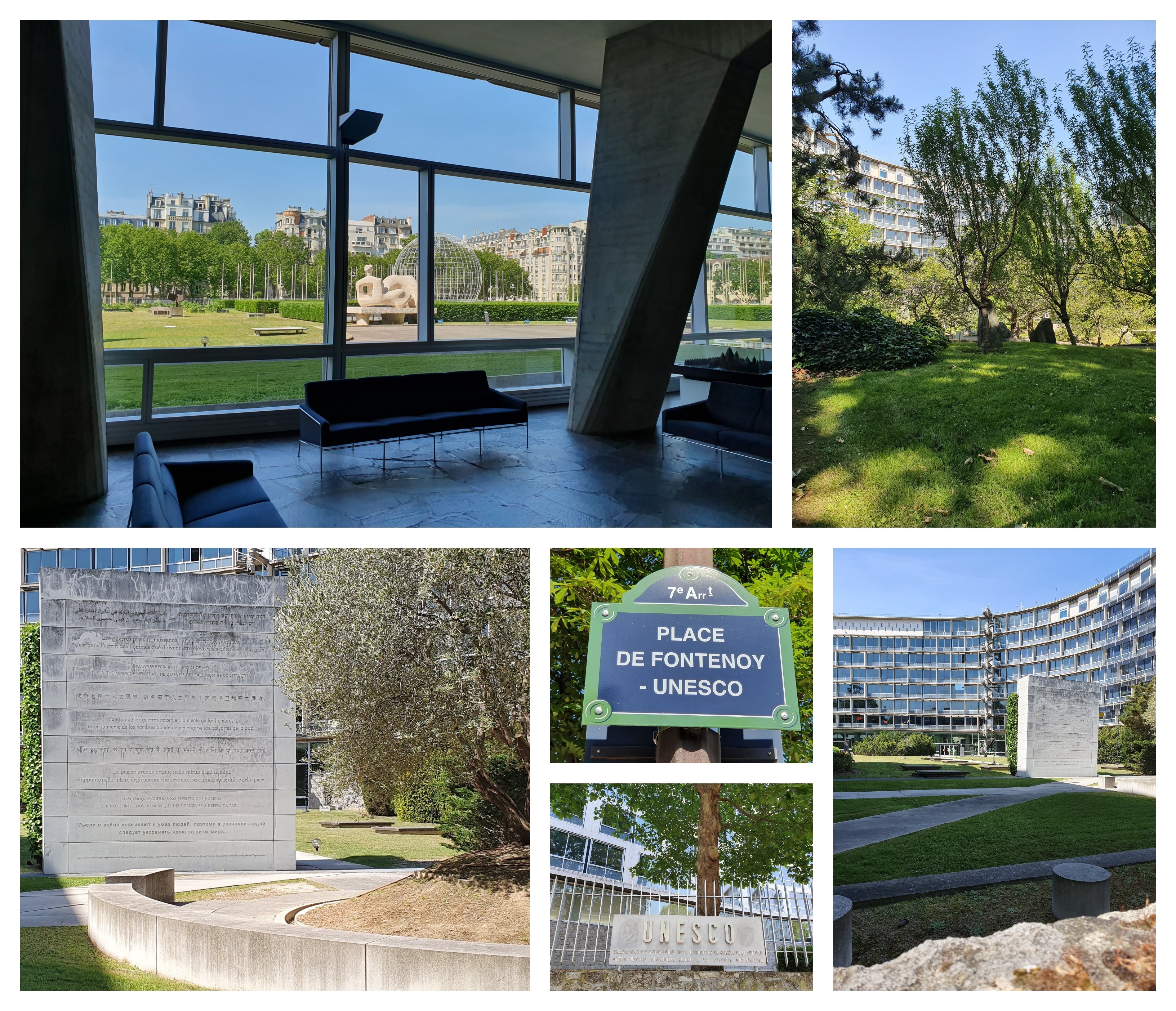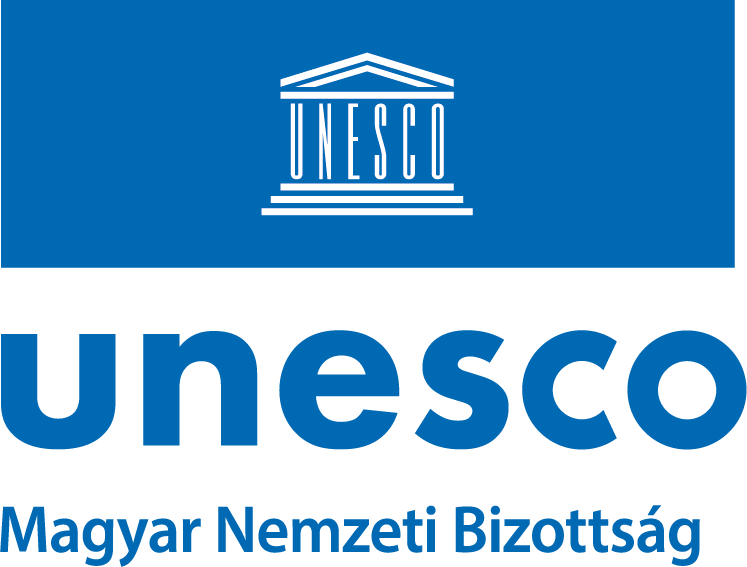According to the Constitution of the United Nations Educational, Scientific and Cultural Organization (UNESCO), “Since wars begin in the minds of men, it is in the minds of men that the defenses of peace must be constructed. The purpose of the Organization is to contribute to peace and security by promoting collaboration among the nations through education, science and culture in order to further universal respect for justice, for the rule of law and for the human rights and fundamental freedoms which are affirmed for the peoples of the world, without distinction of race, sex, language or religion, by the Charter of the United Nations”.
The Organization pursues its objectives in the fields of education, natural and social sciences, culture, communication and information. Access to education for all is at the heart of UNESCO’s programs; it fosters cultural diversity; protects the world’s natural and cultural heritage; supports the free flow of information; promotes the freedom of the press and independent media; strengthens the communication capacity of developing countries; supports natural and social science through international and intergovernmental scientific programs.
At the moment UNESCO has 194 member states and 12 associated states. The General Conference is the highest-level decision making forum, which takes place in November, every two years. Each country has one vote regardless of its size, population and the membership fee paid. The Executive Board of the organization has 58 members, they are elected at the General Conference for a four-year term and they meet twice a year. The Executive Board’s task is to implement the work plan adopted by the General Conference.
Elected in november 2025, the Director-General of UNESCO is Khaled El-Enany, whose work is assisted by the Secretariat.
Hungary has been a member of UNESCO since 1948. In November 2019, the 40th General Conference of UNESCO elected Hungary as a member of the Executive Board for the period 2019 – 2023.
The fulfillment of the goals and the tasks set out in the Constitution of the Organization is in line with Hungary’s national interest in all areas, and our membership contributes to the enforcement of rights and protection of the national identity of the Hungarian minority communities living across the borders.
Detailed information on UNESCO and on Hungary’s participation in the work of UNESCO can be found at the following links:
UNESCO website: https://en.unesco.org/
UNESCO World Heritage Center’s website: https://whc.unesco.org/
Hungarian National Commission for UNESCO’s website: http://www.unesco.hu/


